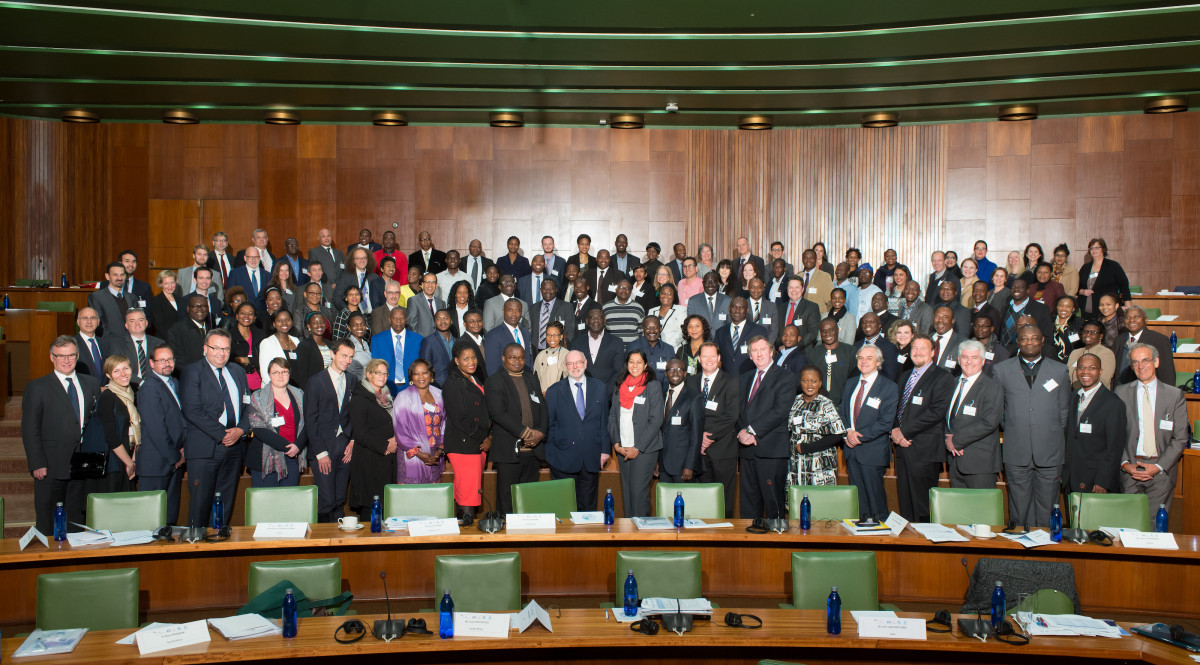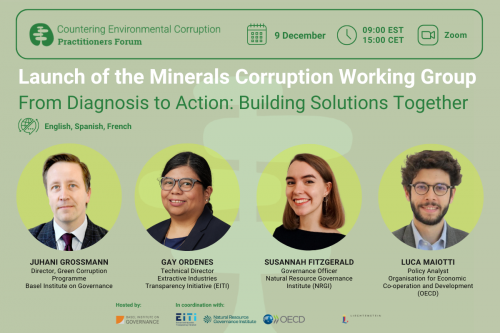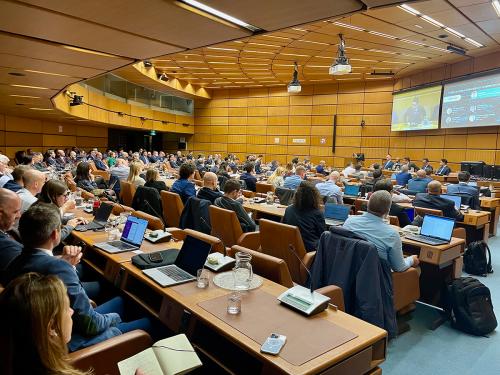High-level conference on Illicit Financial Flows in South Africa

At the opening session of the recent High Level Conference on Illicit Financial Flows: Interagency Cooperation and Good Tax Governance in Africa (Pretoria, South Africa, 14 to 15 July 2016), the South African Finance Minister Pravin Gordhan highlighted that Africa continues to lose large sums of money annually as a result of illicit financial flows estimated at USD 50 billion every year; the application of complex ownership structures has become the most commonly used means of hiding ownership of assets. He said “the illicit economy ranges from drug and human trafficking to bribery and fraud. It’s in the interest of Africa that we quickly develop capacity to implement the concept of beneficial ownership. The establishment of beneficial ownership is fundamental to detecting and preventing illicit financial flows.”
In the context of these discussions, the recovery of stolen assets and the various involved and inter-related processes that make up a recovery effort was cited, amongst other, as critical in achieving any future successes in countering illicit financial flows. In this regard, ICAR, represented by its Head of Training, Phyllis Atkinson, a former prosecutor of South Africa, stressed the importance of integrated financial investigation as a key element for targeting proceeds of crime. She emphasised that asset tracing is a demanding task, which must be conducted in parallel with the investigation of proceeds-generating criminal conduct and money laundering. By conducting a thorough financial investigation and following the trail of the money, this enables investigators and prosecutors to unravel the beneficial ownership of illicit assets, which are often concealed through the use of complex offshore structures. Even with recourse to robust international and national legal frameworks, which are regularly insufficiently or ineffectively applied, assets can only ever be identified, traced and recovered through proper investigation.
The conference was part of the Tax and Good Governance project launched by WU Global Tax Policy Centre and the African Tax Institute, and co-organised with the United Nations Office for Drugs and Crime. Representatives from more than 30 countries attended the event.



